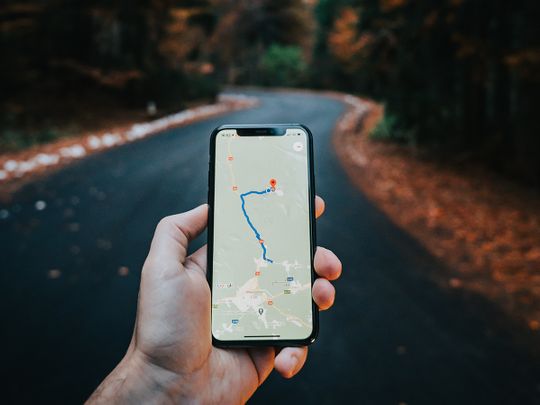
Would you be able to navigate city roads without Google Maps?
Click start to play today’s Spell It, where we try to ‘locate’ what determines our sense of smell.
You probably know someone who can find their way around places, even if they’ve never been there before. And then there are some of us, who get completely lost, even in familiar, oft-visited neighbourhoods.
What determines our sense of location?
Some studies point to our gender. Researchers at the Norwegian University of Science and Technology (NTNU) published a study in February 2016, in the Netherlands-based journal Behavioural Brain Research, which found that men’s ability to orient themselves is much more effective than women’s. The researchers asked participants to find their way in a large, virtual maze, while using an MRI scanner to see differences in brain activity.
The men took several shortcuts, oriented themselves using cardinal directions and used a different part of the brain than women. They also solved 50 per cent more navigational tasks than women participants. However, when researchers administered a drop of testosterone under some of the women’s tongues, they found that they were able to orient themselves better in the four cardinal directions.
It's not just our gender that decides how well we navigate around the world. A March 2022 study conducted by scientists from the Institute of Behavioural Neurosciences at University College London, published in the UK-based journal Nature, found that people who grew up in predictable, grid-like cities, struggle with navigation, as compared to people who grew up in rural areas, or more intricate cities. So, our childhood environment affects our sense of direction, too. Like language, the skill of navigation seems to be most flexible when our brains are developing.
But being hopeless at navigating doesn’t mean you can’t train yourself to pay more attention. Developing a good sense of direction is possible – but it requires a lot of practice.
One strategy to do so, is by getting out there and simply noticing what’s around you. Good navigators usually make note of salient landmarks, like a tall building that sticks out in your neighbourhood, or a fast-food joint. These become markers that help them orient themselves when they’re on the move.
If you’re a loyal Google Maps user, you don’t have to ditch the technology entirely. Instead, you could pay attention to the world around you and relate it to what you see on the map – it’ll help you build a cognitive map that you could use even if you don’t have GPS (global positioning system) technology at hand. Taking different routes to the same destination also helps you make connections between places, and understand how they relate to each other. Switch up the route you take, on Google Maps, every time you go to a place that you frequent.
How are your navigation skills? Play today’s Spell It and tell us at games@gulfnews.com.



